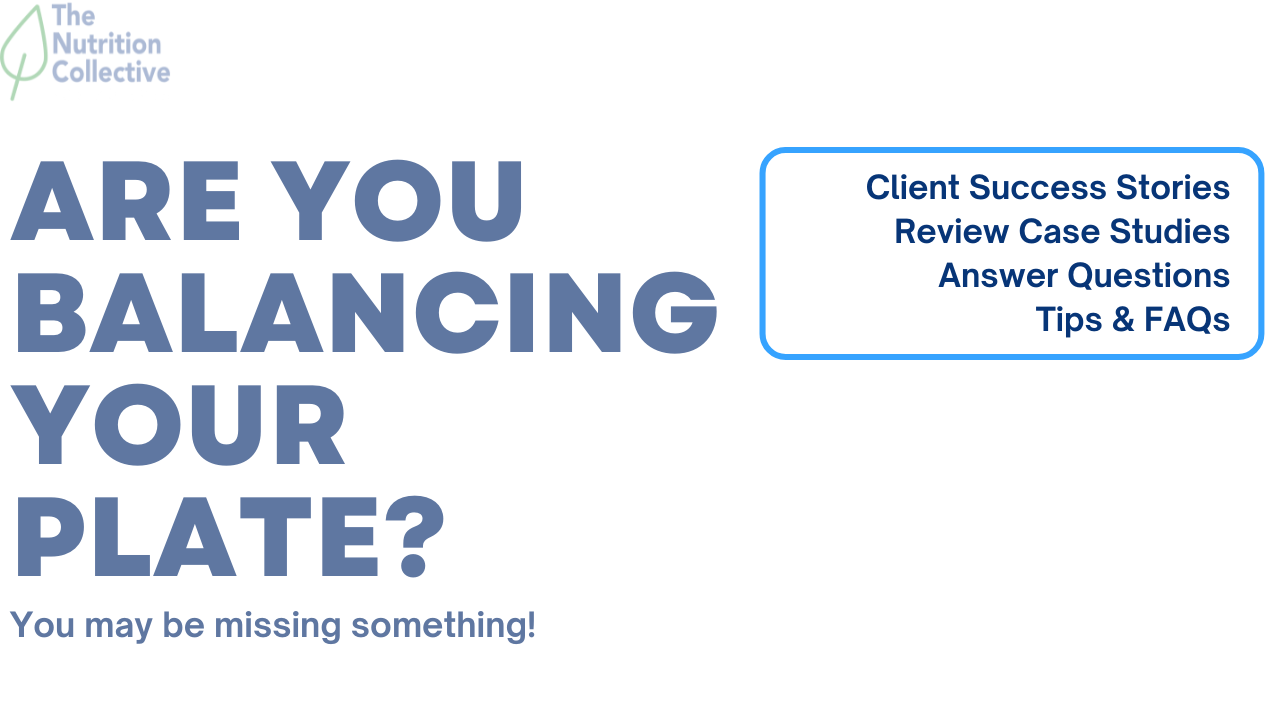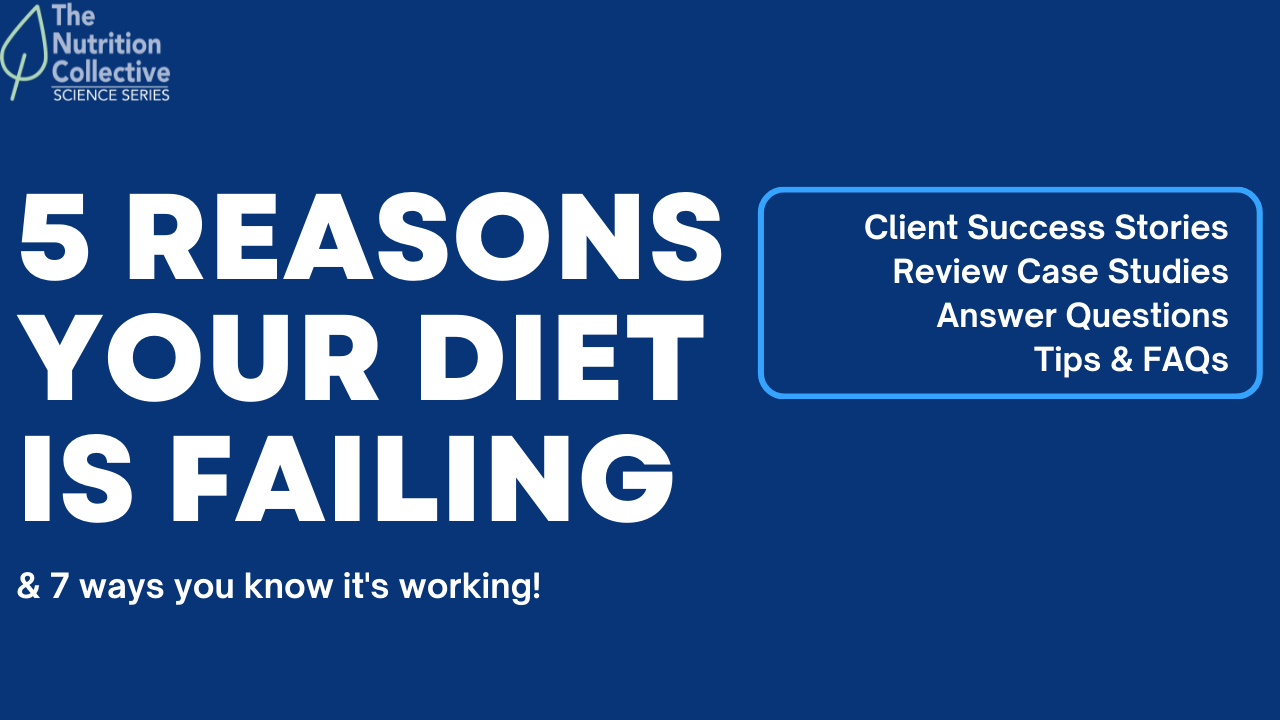It’s easy to lose connection with the present moment and get swallowed by stress while trying to accomplish your day to day tasks and keeping your eye on your goals.
You know what happens. You work, you research, and you get task or information overload. You want to feel accomplished and well-informed. You take it all on. And then you might not realize it but you’re becoming enslaved by this every day. You’re a task robot. And the tasks seem endless.
Have you noticed whether you’ve felt well rested when you woke up this morning? Or were you tired and just got up to start your routine?
You need mindfulness. This would give you more control, more peace, more happiness as you live and work in the direction of your goals.
Mindfulness is a process of purposely focusing your attention to the present moment.
This is proven to help with stress and intrusive thoughts and feelings.(1) It’s a simple, yet powerful practice you can do daily, any time. At first, you might struggle with it but it becomes simple and life-changing once you get used to it.
The Importance Of Living In The Moment

Mindfulness makes us more aware of the things around us and improves our sense of reality. When you live in the moment, you become calmer and happier about what you do every day.
This practice also helps increase our ability to regulate our emotions and observe our thoughts and feelings without judgment. Here are some reasons why you should start practicing mindfulness to improve your overall wellness.
Mindfulness As An Effective De-stressor
When we’re stressed, we often take a fight or flight response to accomplish our tasks quickly. We get spaced out and easily lose control over our emotions. Mindfulness can help lessen stress and reduce the consequences of our impulses.
Focusing on the present moment gives you space to respond instead of react. Mindfulness also helps you address the current situation rather than overthinking about the future or dwelling on the past.
Decreasing Cognitive Decline
As you age, your cognitive flexibility and short term memory declines. Practicing mindfulness can help slow down cognitive decline, even in people who suffer from Alzheimer’s disease.
A 2016 study proves this claim. Researchers found robust improvements on cognitive scores in people with Alzheimer’s disease who underwent mindfulness meditation for over two years compared to those who didn’t (2).
Practicing mindfulness helps enhance cognitive functions like attention and memory.
An Effective Supplemental Treatment For Depression
People who suffer from depression and anxiety tend to dwell on the past, painful memories, and anxiety and fear for consequences or future events. Without an anchor to the present, it’s easy for them to get swallowed by their emotions.
That anchor you need is mindfulness. Focusing on the present moment helps you release those stressful thoughts and feelings without the need to take control over them. Mindfulness diverts your attention to your senses and reality.
Shifting From Higher To Lower Brain Frequency
Brain waves fluctuate depending on what you feel. Mindfulness can move your brain waves from a higher frequency to a lower frequency which calms you down so you can think straight.
There are five identified brain states, each one functions for a particular activity.
Gamma waves
Gamma waves are linked with extensive focus and are frequencies higher than 30Hz. Their main function is to reduce the risk of anxiety and fear, and promote positive feelings instead. They work towards combating depressive feelings.
Beta waves
Beta waves, on the other hand, are active whenever the brain is working on a goal-oriented task. They promote awareness and concentration with a frequency ranging from 12-30 Hz.
But the longer your brain stays in this frequency, the higher the chance of you obsessing over accomplishing your tasks without considering your feelings.
Alpha waves
Alpha waves are the most common waves that usually occur during the start of meditation and have a frequency ranging from 8-12 Hz. These waves calm the nervous system and lower blood pressure and heart rate. The main function of alpha waves is to lower stress hormone levels and promote relaxation.
Theta waves
Theta waves become active before we go to sleep and have a frequency ranging from 4-7 Hz. This is when our brain enters a deep reflection and relaxation state which allows reduction of external sensory data while enhancing internal data.
This is a state of meditation and aims to provide you with a positive mental state. You can also experience a touch of theta waves for inspiration when you’re in an extremely deep artistic state while your alpha waves are active.
Delta waves
Delta waves are the slowest waves occurring in a human’s brain. They are associated with the deepest stage of sleep and help improve social intelligence and promote compassion towards other people.
Improving our sleep is vital for all people in this busy world. As we get better at practicing meditation, we also get better at regulating our states and achieving a relaxed state as needed. This helps with our mood and good decision-making during the day and a high-quality sleep we need at night.
Anchoring your brain to the present moment helps alter brain frequencies from beta where anxiety is dominant to theta where your brain is deeply relaxed and inwardly focused.
Mindfulness Is Good For The Heart
Heart disease is one of the most common causes of death across the globe. A study has proven that practicing mindfulness helps reduce their systolic and diastolic blood pressure, thus, reducing the risk of hypertension and other heart diseases (3).
Mindfulness is also good for the heart that’s already healthy. Focusing on the present moment and meditating can help regulate heart rate and increase the chance of surviving a heart attack.
Practicing Mindfulness
We have this cultural belief that the more over-scheduled and tired you are, the more successful you are. We subscribe to this belief and when we’re not rushing and tied to a schedule, we feel adrift.
It doesn’t have to be that way. You can have a packed schedule and still practice mindfulness.It’s all about intentionality. This helps you improve your mindspace and organize your thoughts and feelings better.
Here are some practices to help you get started.
Purposeful And Mindful Wake Up
Your morning routine dictates how the rest of your day will go. Before checking your phone, practice these three important steps to anchor yourself to whatever needs to be accomplished and have a clear mind to start your day.
Sit On Your Bed In A Relaxed Posture
Don’t get up straight from your bed. Take some time to sit for a while in a relaxed posture. Close your eyes and connect yourself with your senses–the feeling of your seated body in a soft mattress, the ray of the morning sun passing through your window and touching your skin.
Take Three Long, Deep Breaths
Breathe in through your nose and breathe out through your mouth. Repeat it three times and let your breath settle in its own rhythm.
Assess Your Intentions For The Day
What activities are you going to do today? Who are the people you’re going to meet? How can you feel more connected and fulfilled? Plan your day while considering your thoughts and feelings. Are you in proper composure to do this task? Anything you feel is important.
Practice Mindfulness Meditation

Mindfulness meditation is a mental practice that helps slow down your thoughts, release negativity and calm your mind. Techniques may vary from person to person, but some practices include deep breathing and awareness of your mind and body.
Practicing meditation doesn’t require that much. You only need a peaceful spot where you can sit comfortably, free time, and a judgment-free mindset.
Your goal is not to stop your thoughts, but to get more comfortable and acknowledge them. Treat your thoughts as clouds and watch them move and float. Practicing this regularly can help alleviate stress and lower your heart rate (4).
You also learn about yourself. You might even get ideas to help you on your goals!
Take A Mindful Walk
Going for a short walk daily is a great exercise. But it’s easy to be distracted when you’re bombarded with thoughts. Walking is another form of meditation you can practice to anchor yourself in the present moment.
Pay attention to the sensations and your body movements. Engage your senses with the surroundings. Whenever you feel your thoughts wandering again, let them, and then just nudge them back to everything your senses feel.
Enjoy every meal

Eating is one of the most pleasurable experiences for us, human beings. Aside from nutrition, doing it mindfully can also satisfy your senses and other needs to function properly both mentally and physically.
Listen to your body. What physical sensations tell you whether you’re hungry or not? Try not to think about when you last ate. Focus on your body, not on your thoughts.
Practice peaceful eating. There’s no room for wandering thoughts here. Slow down and breathe deeply as you eat. You can savor the food and digest it better if you’re relaxed. This also gives your brain time to recognize you are eating and you’re getting full. It completely takes you away from mindless overeating.
Getting Started Towards Living In The Moment
Even if you don’t have stress and anxiety, mindfulness can improve your days. This will teach you how to listen to your thoughts and take control. You can work on your best happily with full concentration and awareness.
Here’s how you can start now. Take a minute of mindfulness before you start a task. What are your purposes and intentions? Focus and set a roadmap on how you’ll accomplish your goals with enough breaks for yourself. Focus without that “in the zone” absence.
Or sit down with your next snack or meal. Really savor it. That’s already mindfulness.
Your journey towards optimum overall wellness is a holistic approach, mind and body. Champ City offers consultations and personalized programs tailored to your specific needs. Contact us today and talk to our professional team to help you get started.
Sources:
- Roberts, K. & Danoff-Burg, S. (2010) Mindfulness and health behaviors: is paying attention good for you? https://pubmed.ncbi.nlm.nih.gov/21186446/
- Quintana-Hernández, D., Miró-Barrachina, M., Ibáñez-Fernández, I., Santana-Del Pino, A., Quintana-Montesdeoca, P., Rodríguez-de Vera, B., Morales-Casanova, D., Pérez-Vieitez, M., Rodríguez-García, J. & Bravo-Caraduje, N. (2016) Mindfulness in the Maintenance of Cognitive Capacities in Alzheimer’s Disease: A Randomized Clinical Trial https://pubmed.ncbi.nlm.nih.gov/26639952/
- Hughes, J., Fresco, D., Myerscough, R., Dulmen, M., Carlson, L. & Josephson, R. (2013) Randomized controlled trial of mindfulness-based stress reduction for prehypertension https://pubmed.ncbi.nlm.nih.gov/24127622/
- Janssen, M., Heerkens, Y., Kuijer,W., van der Heijden, B. & Engels, J. (2018) Effects of Mindfulness-Based Stress Reduction on employees’ mental health: A systematic review https://journals.plos.org/plosone/article?id=10.1371/journal.pone.01913320
- 3.00.







